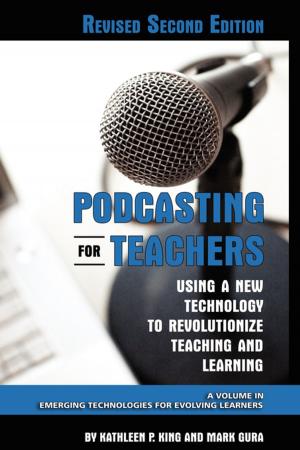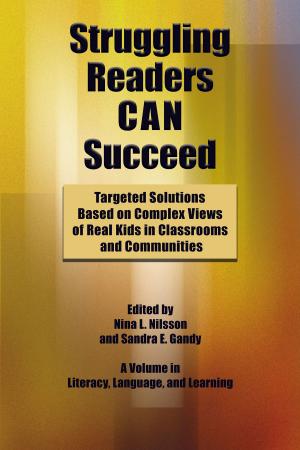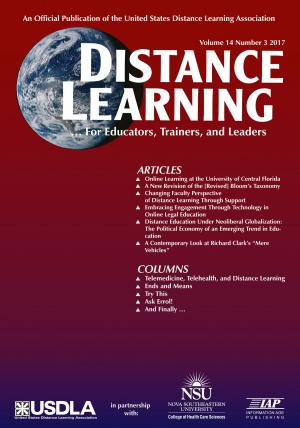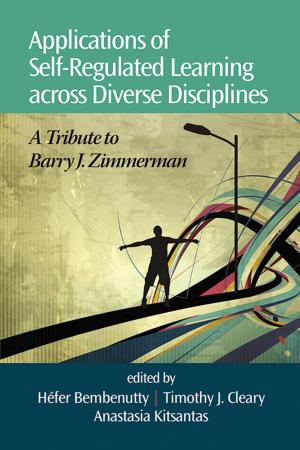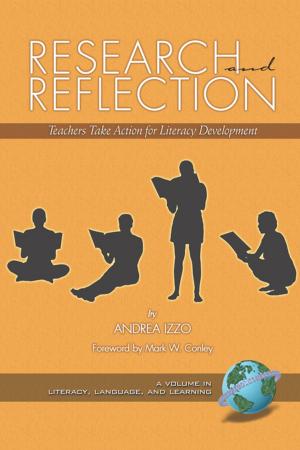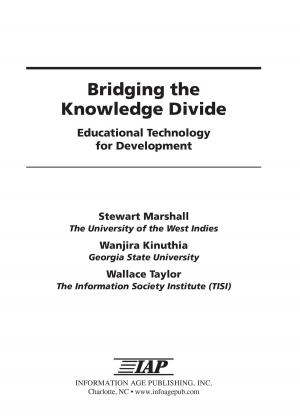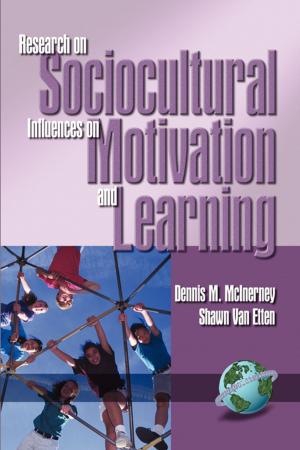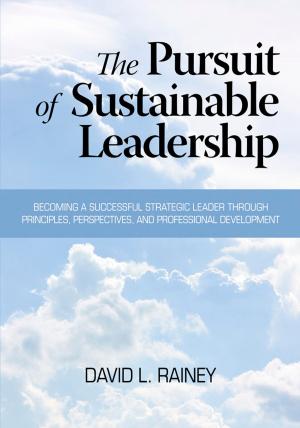The Scientific Basis of Education Productivity
Nonfiction, Reference & Language, Education & Teaching, Higher Education| Author: | ISBN: | 9781607525196 | |
| Publisher: | Information Age Publishing | Publication: | February 1, 2006 |
| Imprint: | Information Age Publishing | Language: | English |
| Author: | |
| ISBN: | 9781607525196 |
| Publisher: | Information Age Publishing |
| Publication: | February 1, 2006 |
| Imprint: | Information Age Publishing |
| Language: | English |
This volume is not primarily concerned with what students should learn, nor even how they should learn. Rather it concerns how we can discover the best means and conditions for teaching them in school, at home, and in society. Expressed more explicitly, we seek to find out how students can learn efficiently or productively as much as possible within a given amount of time and resources. As in agriculture, medicine, public health, and modern industries, we can turn to rigorous science as one of the best sources for informing ourselves. The intended audiences are not only scholars in a variety of academic disciplines but also research consumers, including educators, policymakers, parents, and citizens who seek principles to critically separate valid from invalid claims for the efficacy and efficiency of education products, personnel, and policies. Initial versions of the chapters were discussed at a national invitational conference sponsored by the Laboratory for Student Success (LSS), the midAtlantic regional educational laboratory, at Temple University Center for Research in Human Development and Education. LSS operates under a contract with the U.S. Department of Education’s Institute of Education Sciences.
This volume is not primarily concerned with what students should learn, nor even how they should learn. Rather it concerns how we can discover the best means and conditions for teaching them in school, at home, and in society. Expressed more explicitly, we seek to find out how students can learn efficiently or productively as much as possible within a given amount of time and resources. As in agriculture, medicine, public health, and modern industries, we can turn to rigorous science as one of the best sources for informing ourselves. The intended audiences are not only scholars in a variety of academic disciplines but also research consumers, including educators, policymakers, parents, and citizens who seek principles to critically separate valid from invalid claims for the efficacy and efficiency of education products, personnel, and policies. Initial versions of the chapters were discussed at a national invitational conference sponsored by the Laboratory for Student Success (LSS), the midAtlantic regional educational laboratory, at Temple University Center for Research in Human Development and Education. LSS operates under a contract with the U.S. Department of Education’s Institute of Education Sciences.



